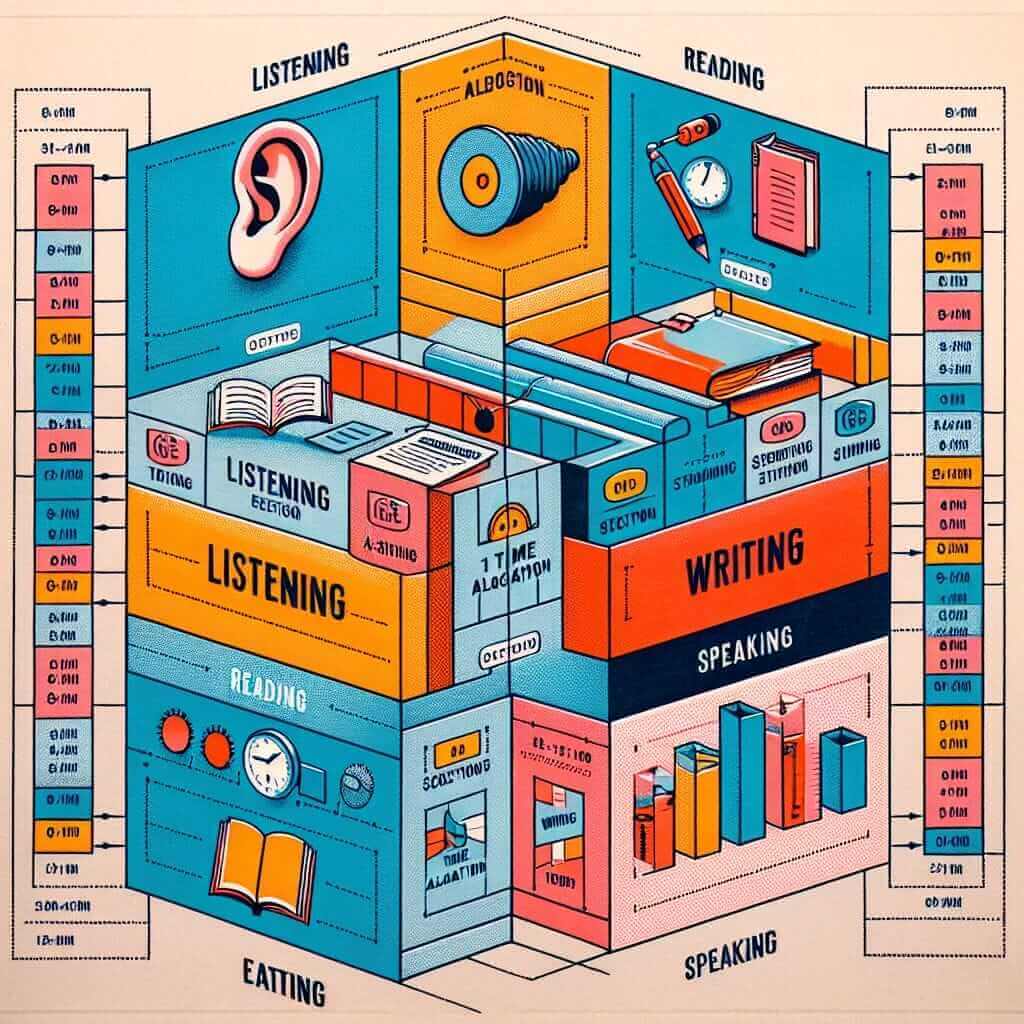“Because of” is a preposition we use frequently in everyday English, but it can cause confusion for IELTS students aiming for a higher band score. This guide will delve into the nuances of using “because of” effectively, analyze its application in different IELTS sections, and provide tips on avoiding common errors.
Let’s look at some examples of how “because of” can be used:
- Speaking Part 2: “My interest in history was sparked because of a captivating documentary I watched as a child.” (Here, “because of” introduces the reason for the speaker’s interest in history.)
- Writing Task 1: “The sharp decline in sales was largely attributable to because of the global economic downturn.” (In this context, “because of” explains the cause of the sales decline.)
- Writing Task 2: “Some people argue that globalization leads to cultural homogenization because of the spread of Western values.” (This sentence uses “because of” to show the cause-and-effect relationship between globalization and cultural homogenization.)

Understanding “Because of”
In essence, “because of” indicates a cause-and-effect relationship, highlighting the reason behind a specific situation, action, or feeling. It’s crucial to remember that “because of” is followed by a noun, noun phrase, or pronoun, not a complete clause with a subject and verb.
The Grammar Behind “Because of”
Formula:
Because of + Noun/Noun Phrase/Pronoun
Let’s break it down:
- Because of: This prepositional phrase signals a reason or cause.
- Noun/Noun Phrase/Pronoun: This element identifies the specific cause or reason.
Examples:
- The flight was delayed because of bad weather. (Noun Phrase)
- She succeeded because of her hard work. (Noun Phrase)
- We couldn’t go swimming because of it. (Pronoun referring to a previously mentioned reason)
“Because of” in IELTS: Achieving a Band 7+
To achieve a high band score, it’s essential to demonstrate control and flexibility in using “because of.”
Writing Task 1:
Use “because of” to explain trends or changes depicted in graphs, charts, or diagrams. For instance, you might write:
“The increase in online shopping is largely because of the convenience it offers.”
Writing Task 2:
Utilize “because of” to express cause-and-effect relationships in your arguments. For example:
“Many people believe that the education system should focus more on practical skills because of the increasing demand for a skilled workforce.”
Speaking:
Incorporate “because of” naturally into your responses to showcase a broader range of grammatical structures.
“I decided to pursue a career in medicine because of my desire to help others.”
Common Mistakes and How to Avoid Them
- Using “because of” with a clause: Remember, “because of” is followed by a noun phrase, not a clause.
Incorrect: “He was late because of he missed the bus.”
Correct: “He was late because of missing the bus.”
- Confusing “because of” with “because”: “Because” is a conjunction used to introduce a cause, followed by a subject and verb.
Incorrect: “The match was canceled because of it was raining.”
Correct: “The match was canceled because it was raining.” OR “The match was canceled because of the rain.”
Conclusion
Mastering the use of “because of” can significantly enhance your grammatical range and accuracy in the IELTS exam. By understanding its function, applying it correctly in different contexts, and avoiding common pitfalls, you can boost your confidence and improve your chances of achieving your desired band score. Remember to practice using “because of” in various writing and speaking tasks to solidify your understanding. For further practice with similar conjunctions, you can refer to resources on subordinating conjunctions like although, because, since, unless. You can also find IELTS practice materials that focus on discussing reasons for moving to another country, which often involve using “because of.”